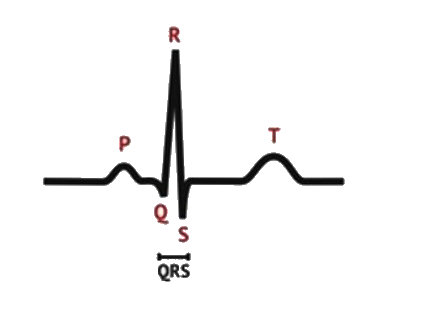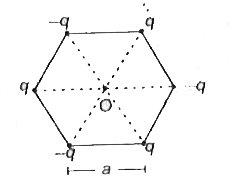An EEG represents spontaneous electrical activity of the
Kidney
Spinal cord
Heart
Brain
Step-by-Step Solution:
1. Understanding EEG:
- EEG stands for electroencephalogram. It is a test that records the electrical activity of the brain.
2. Function of EEG:
- The EEG detects and records the spontaneous electrical activity produced by the brain cells (neurons) as they communicate with each other through electrical signals.
3. Principle of Operation:
- The underlying principle of EEG is that brain cells communicate via electrical signals. These signals can be recorded even when a person is asleep.
4. Graphical Representation:
- The electrical signals recorded by EEG are represented as wavy lines on a graph, which is known as the electroencephalogram.
5. Applications of EEG:
- EEG is used to detect various brain-related conditions, such as brain tumors, brain damage, and inflammation of the brain.
6. Analyzing the Options:
- The question provides four options: kidneys, spinal cord, heart, and brain.
- Since EEG specifically records electrical activity of the brain, the correct answer is "brain".
7. Final Answer:
- Therefore, the correct answer to the question "An EEG represents spontaneous electrical activity of the" is brain.
---
- EEG stands for electroencephalogram. It is a test that records the electrical activity of the brain.
- The EEG detects and records the spontaneous electrical activity produced by the brain cells (neurons) as they communicate with each other through electrical signals.
- The underlying principle of EEG is that brain cells communicate via electrical signals. These signals can be recorded even when a person is asleep.
- The electrical signals recorded by EEG are represented as wavy lines on a graph, which is known as the electroencephalogram.
- EEG is used to detect various brain-related conditions, such as brain tumors, brain damage, and inflammation of the brain.
- The question provides four options: kidneys, spinal cord, heart, and brain.
- Since EEG specifically records electrical activity of the brain, the correct answer is "brain".
- Therefore, the correct answer to the question "An EEG represents spontaneous electrical activity of the" is brain.
Topper's Solved these Questions
- SAMPLE PAPER 2015BOOK - ICSECHAPTER - SAMPLE PAPER 2015EXERCISE - PART II (50 Marks) (SECTION-A)
9 Videos
- SAMPLE PAPER 2015BOOK - ICSECHAPTER - SAMPLE PAPER 2015EXERCISE - PART II (50 Marks) SECTION-B
9 Videos
- SAMPLE PAPER 2015BOOK - ICSECHAPTER - SAMPLE PAPER 2015EXERCISE - PART II (50 Marks) SECTION-C
9 Videos
- SAMPLE PAPER 2014BOOK - ICSECHAPTER - SAMPLE PAPER 2014EXERCISE - PART II (50 Marks) SECTION-C
9 Videos
- SAMPLE PAPER 2018BOOK - ICSECHAPTER - SAMPLE PAPER 2018EXERCISE - PART-II(SECTION-C)
6 Videos
Similar Questions
Which one of the following alphabets is the correct representation of the electrical activity of the human heart and the name given to the wave ?
View SolutionECG is a graphical representation of the electrical activity of the heart during a cardiac cycle. Identify the incorrect interpretation.
View Solution
a. The P wave represent the electrical excitation of the_____
b. The QRS complex represents the ____ of the ventricles.
c. The end of T wave marks the end of _____
View SolutionFor a process to be spontaneous :
View SolutionThe theory of spontaneous generation stated
View SolutionGiven below is the ECG of a normal human . Identify the right match of wave and its associated electrical activity.

View SolutionFigure shows the electric field lines around an electric dipole. Which of the arrows best represents the electric field at point P ?

View SolutionSix point charges are placed at the vertices of a regular hexagon of side a as shown. If E represents electric field and V represents electric potential at O then,

View SolutionFor a spontaneous process :-
View Solution___________ represents the most active stage of the cell cycle.
View Solution
